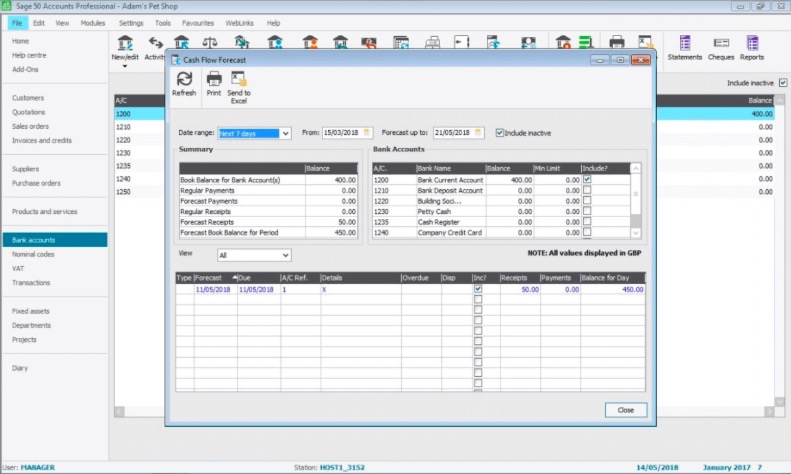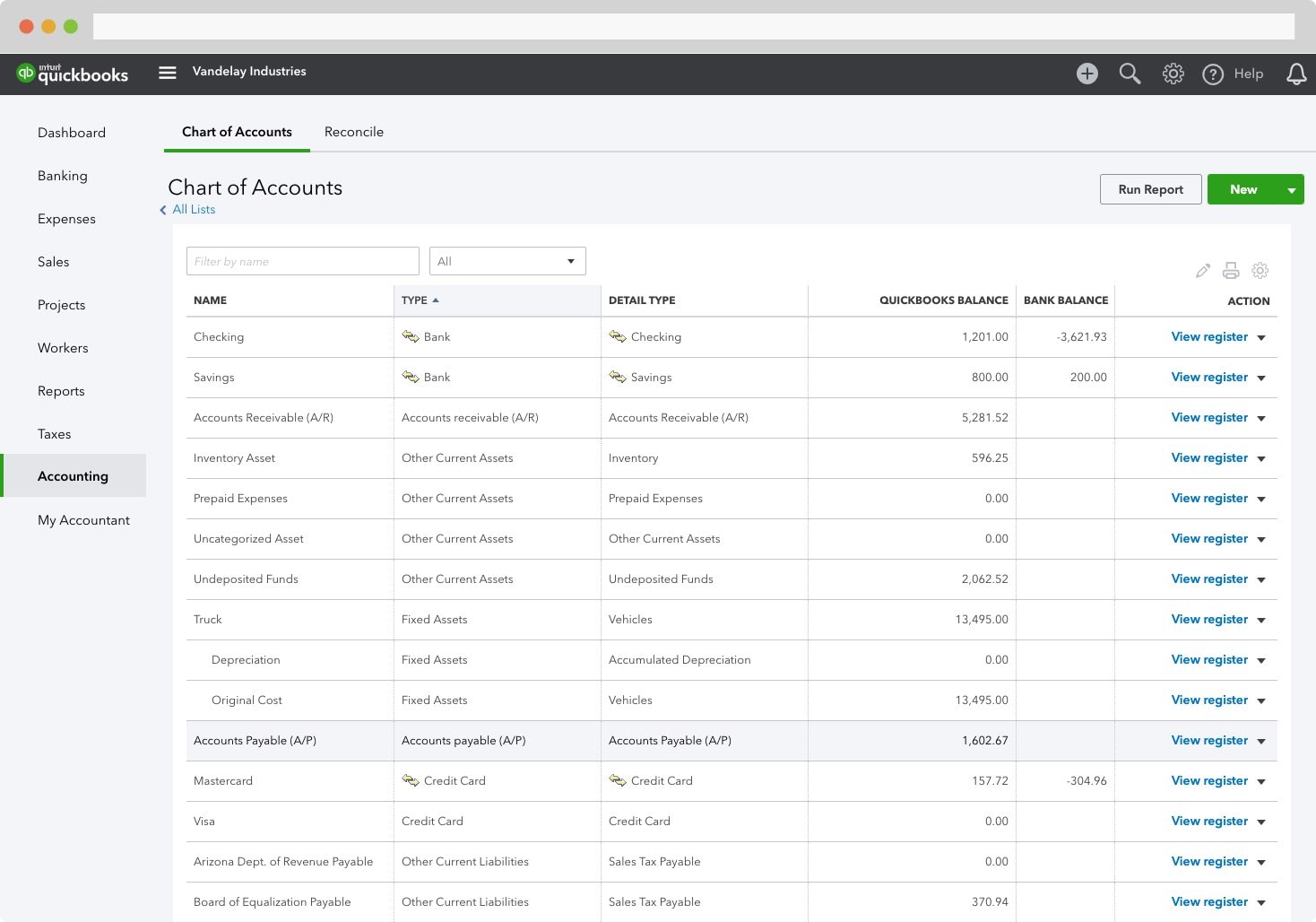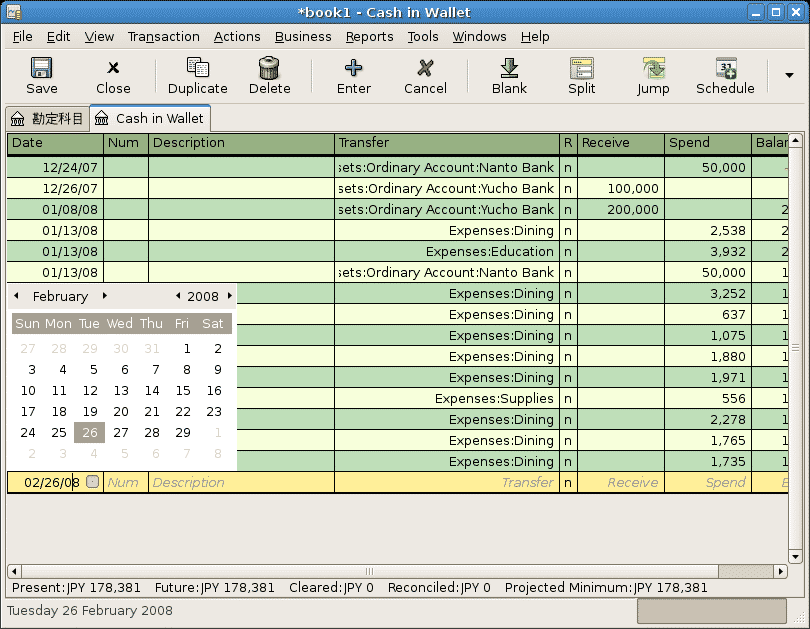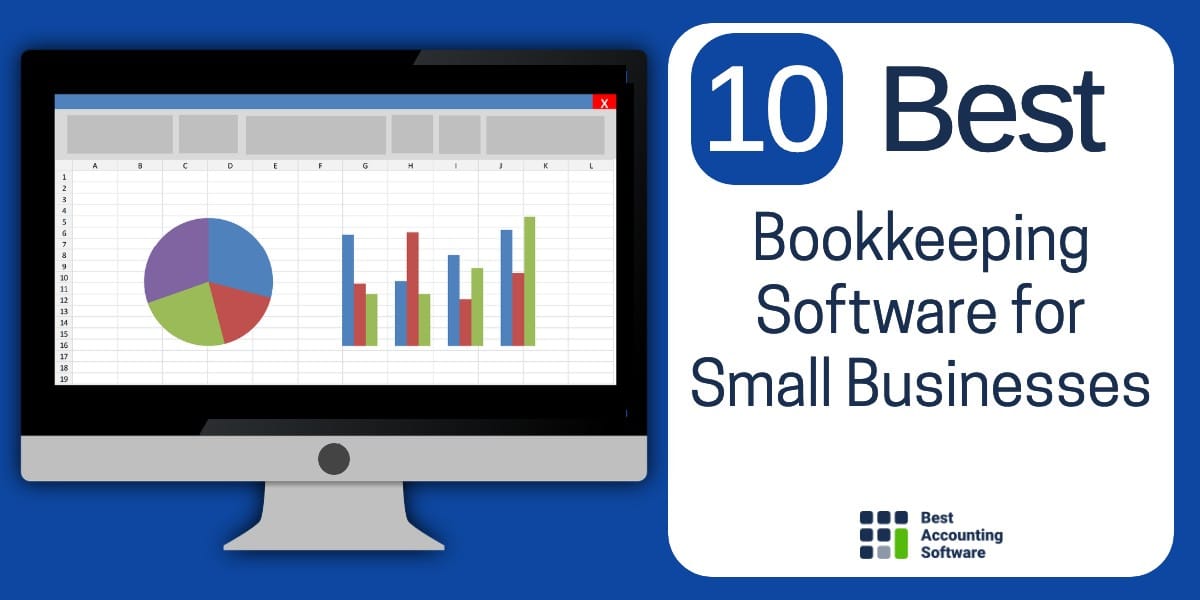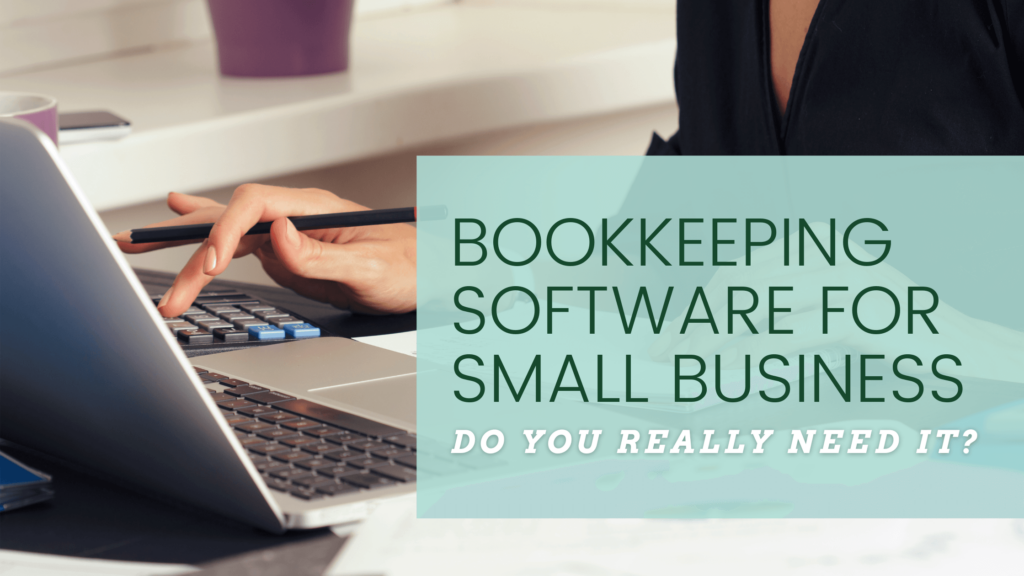
Are you a small business owner drowning in paperwork? Spending precious time on bookkeeping instead of growing your business? You’re not alone. Many small business owners struggle with accurate and efficient financial record-keeping. This comprehensive guide will explore the benefits of using bookkeeping software, helping you choose the right solution, and ultimately saving you time and money. We’ll delve into crucial features, common questions, and best practices to ensure your financial health thrives. This guide is designed to empower you to make informed decisions and streamline your financial management, allowing you to focus on what truly matters: your business’s success.

Introduction
Running a small business is demanding. Juggling marketing, sales, operations, and customer service leaves little time for crucial tasks like bookkeeping. However, neglecting accurate financial records can lead to serious consequences, including missed tax deadlines, inaccurate financial reporting, and ultimately, business failure. Investing in the right bookkeeping software is a strategic move that can significantly improve efficiency, accuracy, and your overall financial understanding. This guide will equip you with the knowledge to choose and effectively utilize software that perfectly fits your business needs.
Frequently Asked Questions (FAQs)
- Q: What is bookkeeping software?
A: Bookkeeping software is a digital tool designed to automate and streamline various accounting tasks, including invoicing, expense tracking, financial reporting, and bank reconciliation. It replaces manual processes, reduces human error, and provides a centralized location for all your financial data.
- Q: Is bookkeeping software suitable for all small businesses?
A: Yes! Regardless of size or industry, bookkeeping software offers significant advantages. Even the smallest businesses can benefit from automated invoicing and expense tracking, while larger businesses can leverage advanced features for financial analysis and reporting. The key is to find software that aligns with your specific needs and budget.
- Q: How much does bookkeeping software cost?
A: The cost of bookkeeping software varies widely, depending on features, scalability, and vendor. Many options offer free plans for basic functionalities, while more advanced features typically require paid subscriptions. It’s crucial to evaluate your needs before committing to a particular plan.
Choosing the Right Software
Selecting the appropriate bookkeeping software is crucial for optimal performance. Several factors need careful consideration. You want a software that is user-friendly, scalable, and provides the specific features you need for your business.
- User-friendliness: Opt for intuitive software with a clean interface. Complex software can lead to frustration and decreased adoption. Look for software with a helpful support system and tutorials.
- Scalability: Choose software that can grow with your business. As your company expands, your financial needs will evolve. Make sure the software can handle increasing transaction volumes and more complex reporting requirements.
- Integration: Look for software that integrates seamlessly with other business tools you already use, such as your CRM, payroll software, or e-commerce platform. This integration streamlines workflows and reduces data entry duplication.
- Security: Your financial data is sensitive. Ensure the software provider employs robust security measures to protect your information from unauthorized access and breaches. Look for features like two-factor authentication and data encryption.
- Reporting Capabilities: Effective reporting is crucial for informed decision-making. The software should provide customizable reports, allowing you to track key metrics and analyze financial performance.
- Customer Support: Reliable customer support is essential, particularly when encountering issues or requiring assistance. Choose a provider known for responsive and helpful support channels.
Features to Consider
The best bookkeeping software offers a range of features designed to simplify and improve your financial management processes. These features are crucial for small business owners seeking efficient bookkeeping solutions.
- Automated Invoicing: Generate professional invoices quickly and easily, reducing manual effort and improving cash flow. Features like automated payment reminders and online payment gateways can further boost efficiency.
- Expense Tracking: Categorize and track expenses effortlessly, using features like receipt scanning and automated expense categorization. This ensures accurate expense reporting and reduces the risk of errors.
- Bank Reconciliation: Automatically reconcile bank statements with your software data, minimizing the risk of discrepancies and ensuring accuracy in your financial records.
- Financial Reporting: Generate a variety of financial reports, such as profit and loss statements, balance sheets, and cash flow statements, providing insights into your business’s financial performance. Look for customizable reports to tailor output to your specific needs.
- Tax Preparation: Some software offers features to assist with tax preparation, simplifying the process and reducing the likelihood of errors. These features often integrate with tax professionals’ software for seamless data transfer.
- Inventory Management: If you sell products, inventory management is essential. The software should track inventory levels, costs, and sales, helping you manage stock efficiently and avoid stockouts or overstocking.
Data Security and Privacy
Protecting your financial data is paramount. Choose software that prioritizes data security with robust measures to safeguard your sensitive information.
- Data Encryption: The software should employ strong encryption techniques to protect your data both in transit and at rest. This prevents unauthorized access and ensures confidentiality.
- Access Controls: Implement strong password policies and user access controls to limit access to sensitive financial data. Only authorized personnel should have access to your financial records.
- Regular Backups: The software provider should offer regular data backups to prevent data loss in case of hardware failure or other unforeseen circumstances. This ensures business continuity and protects your financial records.
- Compliance: Ensure the software provider complies with relevant data privacy regulations, such as GDPR or CCPA. This protects your business and your customers from potential legal issues.
- Security Audits: Look for providers that regularly conduct security audits to identify and address potential vulnerabilities in their systems. This ongoing effort demonstrates their commitment to data protection.
- Two-Factor Authentication: Implementing two-factor authentication adds an extra layer of security, requiring users to provide two forms of identification to access the software. This significantly reduces the risk of unauthorized access.
Integration with Other Tools
The seamless integration of your bookkeeping software with other business tools enhances efficiency and reduces manual data entry.
- CRM Integration: Integration with your Customer Relationship Management (CRM) system can streamline customer data management and invoice generation. This saves time and improves overall efficiency.
- Payroll Software Integration: Integrate with your payroll software to simplify payroll processing and expense tracking. This ensures accurate payroll calculations and eliminates manual data entry.
- E-commerce Platform Integration: If you sell products online, integration with your e-commerce platform automates sales recording and inventory management. This eliminates manual data entry and reduces errors.
- Payment Gateway Integration: Integrating with a payment gateway allows for direct online payments, improving cash flow and reducing reconciliation efforts. This simplifies your financial management.
- Project Management Software Integration: For businesses that manage projects, integrating with project management software allows for accurate tracking of project costs and profitability. This provides valuable insights into project performance.
- Accounting Software Integration: For those who use a separate accounting software, seamless integration ensures accurate data transfer between systems, eliminating manual input and minimizing discrepancies.
Conclusion
Investing in the right bookkeeping software is a strategic decision that significantly impacts the financial health and overall success of your small business. By carefully considering the factors discussed in this guide, including essential features, security, and integration capabilities, you can make an informed choice that streamlines your financial management, reduces errors, and frees up your time to focus on growing your business. Don’t let outdated manual processes hinder your potential; embrace the efficiency and accuracy of modern bookkeeping software. Your future self will thank you.
